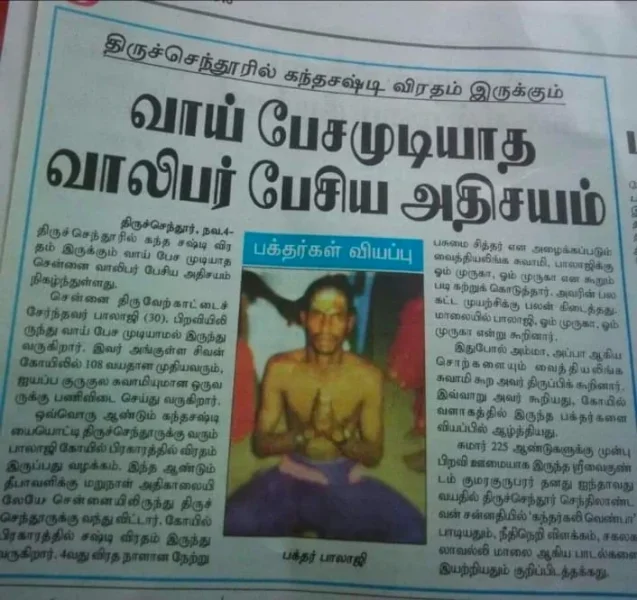Padmanabhan Janakiraman
Member
Why do we worship God when we know Karma ‘s effect can not be changed ?
According to Karma theory positive actions results in one’s positive experience.
Whereas negative action results in negative experience. The effects may be seen immediately or delayed. Sometimes the delay may be indefinite due to the intervention of God’s grace.
God does play a role as dispenser of Karma.
Take for example that we buy a medicine and it has its expiry date,
Printed on it saying “Best before …… a date is mentioned if we do not take that medicine before the expiry date, the effect of that medicine is weakened or sometimes there is no effect.
Similarly when we worship God and surrender to Him in true sense, God as dispenser of Karma can delay the effect of Karma indefinitely or make it ineffective as in the case of Medicine and expiry date mentioned above.
So a good astrologer can predict our bad period based on planetary / star positions, by worshiping God, and surrendering to Him, the bad period may be postponed indefinitely. That is why there is a need to worship God all the time, more so when we are facing bad period or when we know we are going to face bad period
This post is for sharing knowledge only, no intention to violate any copyrights.
According to Karma theory positive actions results in one’s positive experience.
Whereas negative action results in negative experience. The effects may be seen immediately or delayed. Sometimes the delay may be indefinite due to the intervention of God’s grace.
God does play a role as dispenser of Karma.
Take for example that we buy a medicine and it has its expiry date,
Printed on it saying “Best before …… a date is mentioned if we do not take that medicine before the expiry date, the effect of that medicine is weakened or sometimes there is no effect.
Similarly when we worship God and surrender to Him in true sense, God as dispenser of Karma can delay the effect of Karma indefinitely or make it ineffective as in the case of Medicine and expiry date mentioned above.
So a good astrologer can predict our bad period based on planetary / star positions, by worshiping God, and surrendering to Him, the bad period may be postponed indefinitely. That is why there is a need to worship God all the time, more so when we are facing bad period or when we know we are going to face bad period
This post is for sharing knowledge only, no intention to violate any copyrights.



